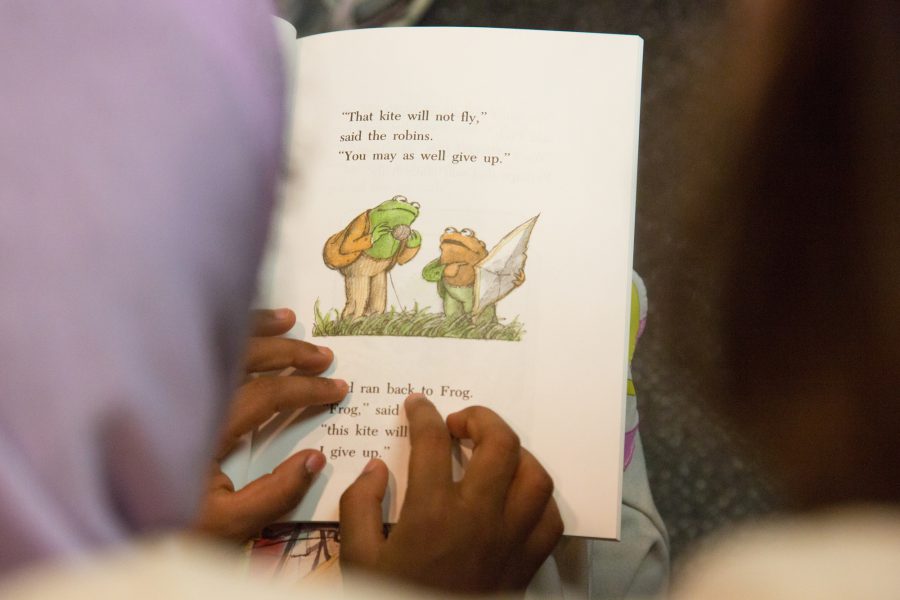
Literacy is a set of skills needed to function in society. Communication skills, vocabulary, and comprehension are all essential, no matter what your personal or professional goals are. Literacy is not just about reading to write; it is an umbrella under which every aspect of thought processing and action comes with etiquettes. Below are some points to let you know what literacy is all about.
1. Literacy is reading to recognize
Reading is essential for writing. Literacy is the ability to identify thoughts and express them in an organized way. Written words are a more potent form of communication and you want your thoughts to get recognized and understood. You can recognize different norms, cultures, and personalities and persuasively communicate them. Hence, to be literate is also to be aware of your surroundings and effectively convey your ideas.
2. Literacy is writing to analyze
In this digital world, it is extremely important to upgrade your analytical skills. The world is more complex, and that’s a reason you have to be analytically literate. You need to know about professionalism, politics, economy, and technology. Being computer literate can also add to your skillset. Be knowledgeable enough to write and run a report, answer prospects, and to make yourself stand out.
3. Literacy is listening to determine
“Once you go beyond reading in literacy, you will be free” says Jessica Stark, Premium Jackets.
Literacy enables you to be an active listener. The skill helps you in everyday life, and you can perform tasks better, as you will pay attention to listening. It also improves your questioning skills and helps build relationships.
4. Literacy is speaking to debate
Literacy is expressing yourself through words in conversation. Debate is essential, not just to prove your point of view, but also to organize your thoughts. Whether communicating with a friend, a colleague, or a stranger, good communication skills enable you to express your ideas with confidence.
5. Listening is playing to build
Let’s take you back to your childhood. Some children learn to read smoothly from a very young age, while some have to make strong efforts. Reading is a difficult skill and needs to be taught early through playing, learning, and modeling in front of kids. Research shows that it is the ability to assess, analyze, and assimilate information that helps kids convert their playful thoughts into ideas and practice expressing opinions clearly and interact with others successfully.
6. Literacy is a shifting mindset
Literacy doesn’t just mean teaching to read and write. Every avid reader is literate as he or she knows how to read or write. However, not every literate person likes to read.
Literacy is much needed for every citizen to shift their mindset and to help them in many matters. It allows you to decide for what to vote, qualify for public-facing jobs, and read essential information. Also, it broadens your perspectives, allows you to expand and explore your dreams, and opens up a whole new world of possibilities for you.
Hence, by fostering the will to read and learn at a young age by parents and educators, they can equip kids to explore the world from a better and broader mindset, and prepare them for the future. People who are avid readers are brought up in reading-friendly surroundings, which helps them carry the habit to the rest of their lives and enables them to perform better throughout their lives.
7. Literacy is creating new ideas
As you may start realizing that literacy is a vital factor for both your present and future, you begin learning literacy skills to improve your creativity. A decent spark of creativity helps generate new ideas. It may even open new doors and opportunities for you. All it takes is having a will and passion for learning creative literacy skills. The list of potential successes is endless.
8. Literacy is designing a progressive future
Encourage yourself to strengthen your literacy skills, not for others, but for yourself. Start focusing your energy towards opening opportunities and keep upgrading your skills. Practice and get professional help if needed. Start climbing the ladder of success and designing a progressive future for upcoming generations. Fulfill your dreams by achieving your goals and make yourself proud by not just being educated, but being literate.
Author Bio:
Stella Lincoln is currently working as an Art Teacher & Career Counselor at Academist Help. She holds a Bachelor’s degree in childhood education. She writes a weekly article about childhood psychology in a renowned newspaper. She has two daughters and a son and likes to spend the weekend at home with them.








